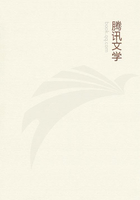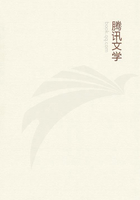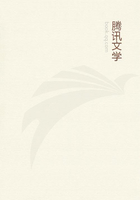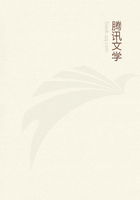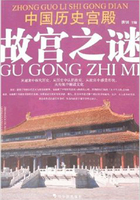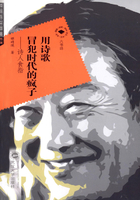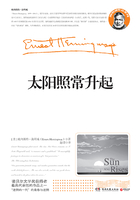NATURE has been defined as a 'principle of motion and change', and it is the subject of our inquiry. We must therefore see that we understand the meaning of 'motion'; for if it were unknown, the meaning of 'nature' too would be unknown.
When we have determined the nature of motion, our next task will be to attack in the same way the terms which are involved in it. Now motion is supposed to belong to the class of things which are continuous; and the infinite presents itself first in the continuous-that is how it comes about that 'infinite' is often used in definitions of the continuous ('what is infinitely divisible is continuous'). Besides these, place, void, and time are thought to be necessary conditions of motion.
Clearly, then, for these reasons and also because the attributes mentioned are common to, and coextensive with, all the objects of our science, we must first take each of them in hand and discuss it.
For the investigation of special attributes comes after that of the common attributes.
To begin then, as we said, with motion.
We may start by distinguishing (1) what exists in a state of fulfilment only, (2) what exists as potential, (3) what exists as potential and also in fulfilment-one being a 'this', another 'so much', a third 'such', and similarly in each of the other modes of the predication of being.
Further, the word 'relative' is used with reference to (1) excess and defect, (2) agent and patient and generally what can move and what can be moved. For 'what can cause movement' is relative to 'what can be moved', and vice versa.
Again, there is no such thing as motion over and above the things.
It is always with respect to substance or to quantity or to quality or to place that what changes changes. But it is impossible, as we assert, to find anything common to these which is neither 'this' nor quantum nor quale nor any of the other predicates. Hence neither will motion and change have reference to something over and above the things mentioned, for there is nothing over and above them.
Now each of these belongs to all its subjects in either of two ways: namely (1) substance-the one is positive form, the other privation;
(2) in quality, white and black; (3) in quantity, complete and incomplete; (4) in respect of locomotion, upwards and downwards or light and heavy. Hence there are as many types of motion or change as there are meanings of the word 'is'.
We have now before us the distinctions in the various classes of being between what is full real and what is potential.
Def. The fulfilment of what exists potentially, in so far as it exists potentially, is motion-namely, of what is alterable qua alterable, alteration: of what can be increased and its opposite what can be decreased (there is no common name), increase and decrease: of what can come to be and can pass away, coming to he and passing away: of what can be carried along, locomotion.
Examples will elucidate this definition of motion. When the buildable, in so far as it is just that, is fully real, it is being built, and this is building. Similarly, learning, doctoring, rolling, leaping, ripening, ageing.
The same thing, if it is of a certain kind, can be both potential and fully real, not indeed at the same time or not in the same respect, but e.g. potentially hot and actually cold. Hence at once such things will act and be acted on by one another in many ways: each of them will be capable at the same time of causing alteration and of being altered. Hence, too, what effects motion as a physical agent can be moved: when a thing of this kind causes motion, it is itself also moved. This, indeed, has led some people to suppose that every mover is moved. But this question depends on another set of arguments, and the truth will be made clear later. is possible for a thing to cause motion, though it is itself incapable of being moved.
It is the fulfilment of what is potential when it is already fully real and operates not as itself but as movable, that is motion. What I mean by 'as' is this: Bronze is potentially a statue. But it is not the fulfilment of bronze as bronze which is motion. For 'to be bronze' and 'to be a certain potentiality' are not the same.
If they were identical without qualification, i.e. in definition, the fulfilment of bronze as bronze would have been motion. But they are not the same, as has been said. (This is obvious in contraries.
'To be capable of health' and 'to be capable of illness' are not the same, for if they were there would be no difference between being ill and being well. Yet the subject both of health and of sickness-whether it is humour or blood-is one and the same.)
We can distinguish, then, between the two-just as, to give another example, 'colour' and visible' are different-and clearly it is the fulfilment of what is potential as potential that is motion. So this, precisely, is motion.
Further it is evident that motion is an attribute of a thing just when it is fully real in this way, and neither before nor after. For each thing of this kind is capable of being at one time actual, at another not. Take for instance the buildable as buildable. The actuality of the buildable as buildable is the process of building.
For the actuality of the buildable must be either this or the house.
But when there is a house, the buildable is no longer buildable. On the other hand, it is the buildable which is being built. The process then of being built must be the kind of actuality required But building is a kind of motion, and the same account will apply to the other kinds also.

